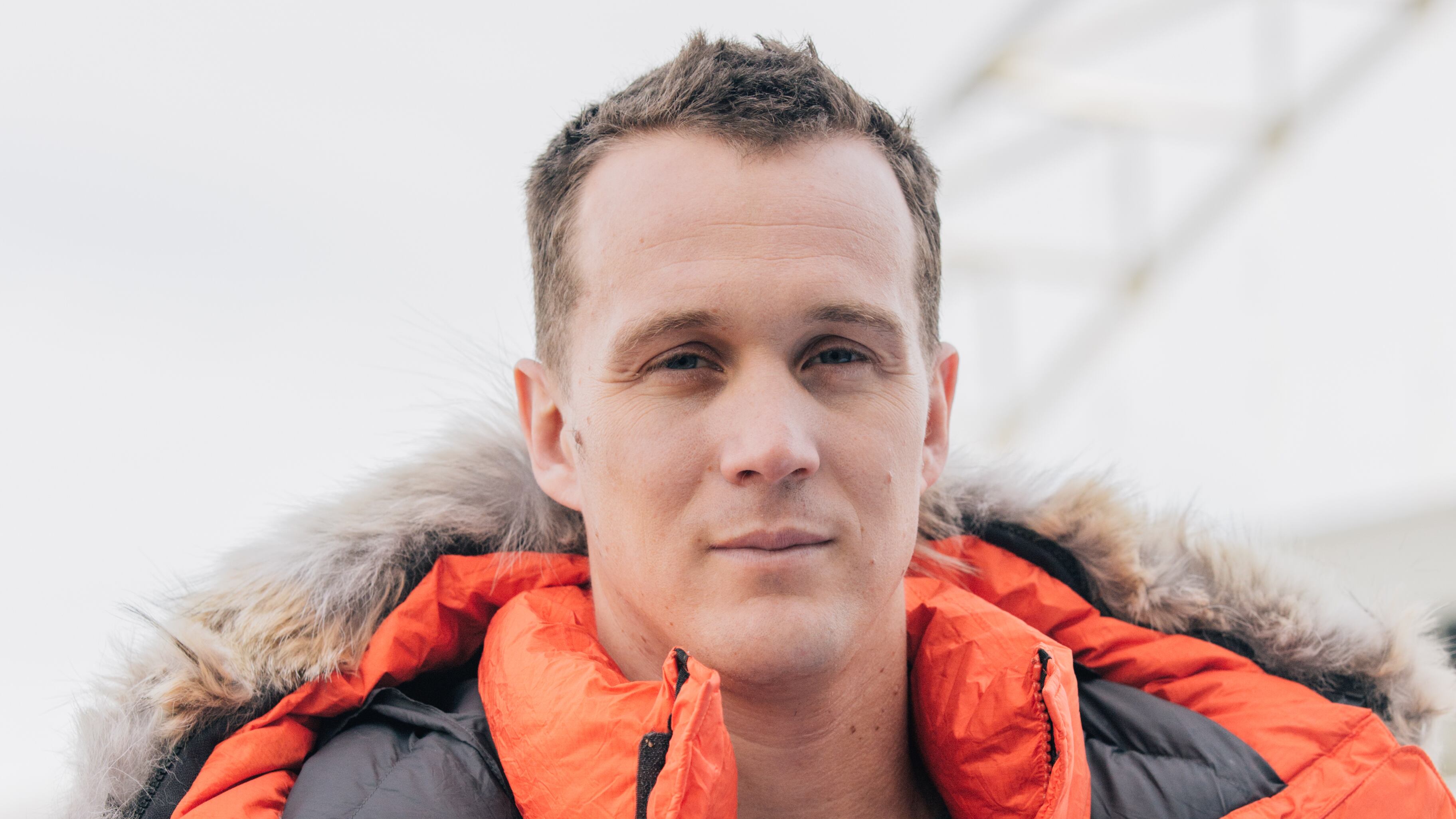An explosive investigation published this week by National Geographic alleges that Portland endurance athlete Colin O'Brady embellished aspects of his celebrated history-making solo trek across Antarctica.
In a lengthy feature published Sunday, the magazine spoke to several polar explorers—including some of his mentors—who claim O'Brady misrepresented the facts of his journey, including the difficulty of the route he took, his claim that it was "unassisted," and the notion that he was the first to accomplish the feat.
In 2018, the 34-year-old O'Brady—the son of businesswoman and former Portland mayoral candidate Eileen Brady—made headlines by becoming the first person to cross Antarctica alone and without any assistance beyond his own power.
Related: Portland Man Becomes the First Person to Cross Antarctica Without Assistance.
The feat earned him a book deal, television appearances, speaking engagements that can command up to $50,000, and a whole day in Portland named in his honor—plus a spot on the cover of this newspaper.
But in the National Geographic piece, experts say O'Brady has "distorted the truth in pursuit of fame."
"This wasn't some Last Great Polar Journey," Eric Philips, president of the International Polar Guides Association, tells the magazine. "Rather, it was a truncated route that was a first in only a very limited way."
National Geographic spoke to O'Brady three times in the course of their reporting, who classified the claims against him as "armchair criticism." He eventually stopped responding to the magazine.
This morning, O'Brady issued a response on Instagram, writing that he was "stunned" by the article.
"I'm not sure how or why they got the facts so twisted around," he wrote, "but I assure you the article is full of inaccuracies."
O'Brady is the scheduled guest for a taping of the radio show Live Wire tonight at Alberta Rose Theater.
The National Geographic story scrutinizes O'Brady's claim that he achieved "the impossible," and did it first. (The title of O'Brady's book, published last month, is The Impossible First.) Several experts quoted in the piece say the credit for the first unassisted crossing of Antartica belongs to Norwegian Borge Ousland, who completed the trip in 1997, skiing 1,864 miles in 64 days.
The only discrepancy is that Ousland occasionally utilized "a small kitelike device to boost his speed when the wind was just right." It wasn't until 2007 that the website Adventure Stats codified the rules for polar expeditions, determining that a crossing could only count as "unassisted" if "nothing but your own muscle-power" was used.
Furthermore, O'Brady's journey only accounted for 932 miles, significantly less than Ousland's—the difference owing to the fact that the continent of Antartica is essentially a massive, shifting block of ice, whose beginning and end points are a matter of debate.
On Instagram, O'Brady points out that he acknowledged Ousland's accomplishment in his book, and that it served as inspiration for his own journey.
But the article also points out instances in which O'Brady appears to have exaggerated specific details of his trek.
For instance, O'Brady says he crossed through several "no-rescue zones," where he was told by rescue crews, "If you call for help in here, you won't get it." Antarctica Logistics and Expeditions, an organization that assists adventurers in planning trips across remote part of the continent, denies making such a claim.
Another expert says rescue in those areas, in good conditions, is "as benign as requesting an Uber."
In fact, for the final leg of the journey, O'Brady followed "a graded and flagged vehicle route used frequently by wealthy tourists" known as the South Pole Traverse to help avoid treacherous stretches—something he downplays in his book.
"IMHO skiing on a tractor road is a bigger 'aid' than a kite," American climber Conrad Anker tweeted.
The article also paints O'Brady as a bully. During a prepatory group hike across Greenland, O'Brady is described as being "manipulating" and "denigrating" to the other members of his party.
"[W]e really suffered," a German neuroscientist told the magazine, in an account confirmed by others in the group. "Colin had his own agenda and can be very pushy."
On Instagram, O'Brady wrote that he plans to put together a letter to send to National Geographic, "providing them with the supporting materials they can use to correct the record." He wrote that he will publish the letter on his website when it is completed.
Last month, O'Brady completed another mission: crossing the treacherous Drake Passage with no mechanical assistance, which was filmed by Discovery for an upcoming documentary.
Related: Portlander Colin O'Brady and Crew Become First to Cross Treacherous Drake Passage Unassisted.
Read the full National Geographic article here.

